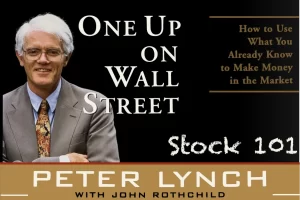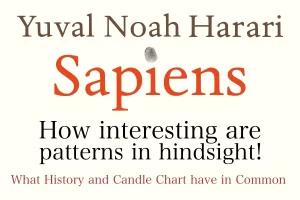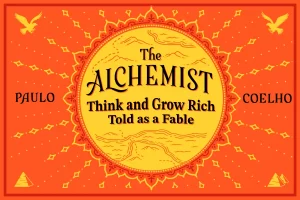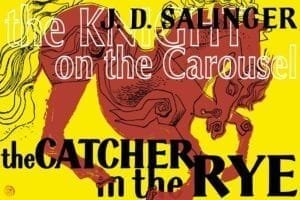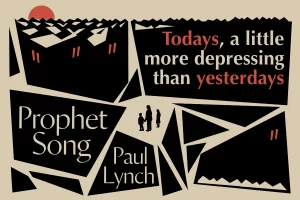Injunctions and the unexpected talks on
Psychology & Multidiscipline

Despite the title, Charlie is not poor at all. The title is a tribute to his mentor Benjamin Franklin’s book, Poor Richard’s Almanack. He served as Berkshire’s Hathaway’s Vice Chairman, being Warren Buffet’s right hand man. They were acquainted by family, in Omaha, Nebraska and both had a record of working at grandpa Buffet’s grocery store. He was an avid reader with a life-long passion for studying. Before Berkshire, he was a lawyer, and before that he enrolled in the army.
This piece doesn’t deliver Munger’s criteria of assessing businesses. Perhaps on a broad level at best. It is largely a collection of Munger’s 11 speeches with the earliest one from 1986 and the latest from 2007. Munger revisits the transcripts and leaves a comment for all of them, in the year of 2006. The book is from 14 years ago. No 2008 crash, no Apple, no AI, but a lot still relevant.
Recommendation for Readers
Written from scratch by Meston Ecoa
No assistance was received from any form of Artificial Intelligence.
The man had a sage-like ambience ever since I can remember. He was born in 1924. He lived until 99. So even the 1986 speech was when he was 62. As a buyer of the book it is both astonishing to see that he maintained his view from as early as 1986 until the later years and disappointing since one Youtube video of his USC commencement address in 2007 would have equally served well enough. It is apparent in his thesis, as well as his favored words and analogies.
Reading the first few pages of Poor Charlie’s Almanack, and back when I first viewed the USC video in full, I invariably was in awe of the breadth of references, presented with unassuming modesty and humor. Not to doubt his wisdom, through the read it’s apparent there are some words he likes to repeat. No new analogies for each speech, but the repetition gives more power.
Some of his most favored words include:
- Lollapalooza
- Injunction
- Latticework
- Multiple models
- Worldly wisdom
- Multidisciplinary
Some of his most favored phrases and references include:
- Invert, always invert
- Sam Walton’s Walmart: How a small store beat Sears
- John Henry Patterson’s National Cash Register
- Demosthenes
- Charles Darwin: Constant questioning of this theories
- Lollapalooza: Multiple factors combined creates the result
Repeated notions
- Figure out where your talents lie and use your advantages. Circle of confidence.
- Our attitude toward the market is that we’re agnostics. We only find a few, maybe one or two a year.
- You will make mistakes. You must learn how to handle mistakes and new facts that change the odds.
- Appeal to a man’s interest.
- Why, why, why?
- Narrowly specialize and get terribly good at occupying some little niche
- DON’Ts: addiction, envy, resentment, unreliabilty, not learning from others, not being resilient, ignoring the story “I wish I knew where I was going to die, and then I’d never go there.”
- reading, negotiation, connections, study, responsibility, reliability, durability, yes-no-too tough to understand

A good portion of this book is allocated unexpectedly to psychology. The psychology element is first introduced in “Talk Three: A Lesson on Elementary, Worldly Wisdom as It Relates to Investment Management and Business Revisited” and much more in depth in “Talk Eleven: The Psychology of Human Misjudgment.” Now this is a long way from USC Commencement speech. Talk Two is more or less wisdom sharing in nature as well. So the shift that started in Talk Three onwards did catch me off guard.
In the foreword of Talk Eleven, Kaufman mentions “The talk features Charlie’s original concept of behavioral finance, which has now burgeoned into its own academic field of study.” Google search of behavioral finance doesn’t list Munger as its early contributor. So it mustn’t be that he laid the bedrock for this branch of study?
“I could see that I was not going to cope as well as I wished with life unless I could acquire a better theory-structure on which to hang my observations and experiences. … So I slowly developed my own system of psychology.”
So he went on to list exactly 25 tendencies of the human mind. These include tendencies like loving tendency and hating tendency that is surely in Econ 101 textbooks. I wasn’t too impressed by the items, but more by his desire to compile something like this.
Other topics that I didn’t see coming include the following. 1) Charitable foundations investment practices are moving away from unleveraged marketable securities, to one with more complexity involving much more consultants and investment counselors. Choosing strategies including LBO, bleeds losses in fees. 2) Quant Tech financial scandal of 2003. How accounting standards regarding employee stock options exaggerated earnings. 3) Interdisciplinary studies and its benefits.
Munger’s usage of frequent indexing in paragraph level as well as sentence made me chuckle as it was one of the few traits of the oracle’s friend that I do possess. See the previous paragraph.

Page 64-66 contain condensed wisdom. I don’t personally believe in the transfer of summarized injunction to be honest though. I would rather re-watch the USC speech if I wanted a recap of his philosophy.
Some Information
• 351 pages
• Vocabulary level: Medium
• Library of Congress Subjects: Munger, Charles T., 1924-, Berkshire Hathaway Inc.–History., Investments–Decision making. ,Investments–Humor.
• Goodreads Genres: Business, Finance, Nonfiction, Biography, Economics, Philosophy, Psychology
• Year of publication: 2005
• Meston’s Rating: 3.0




